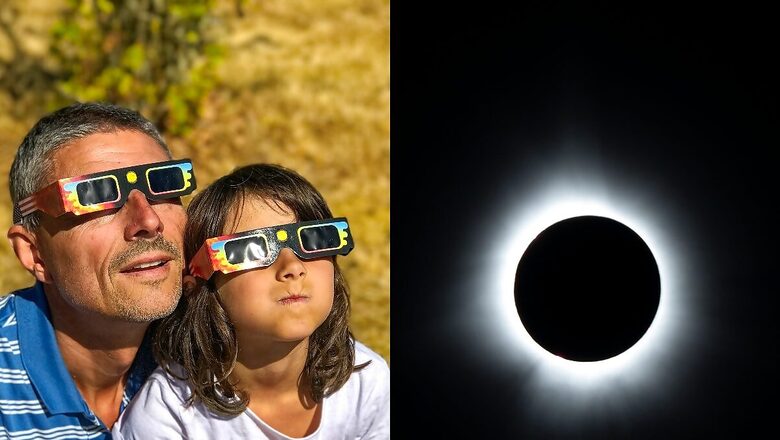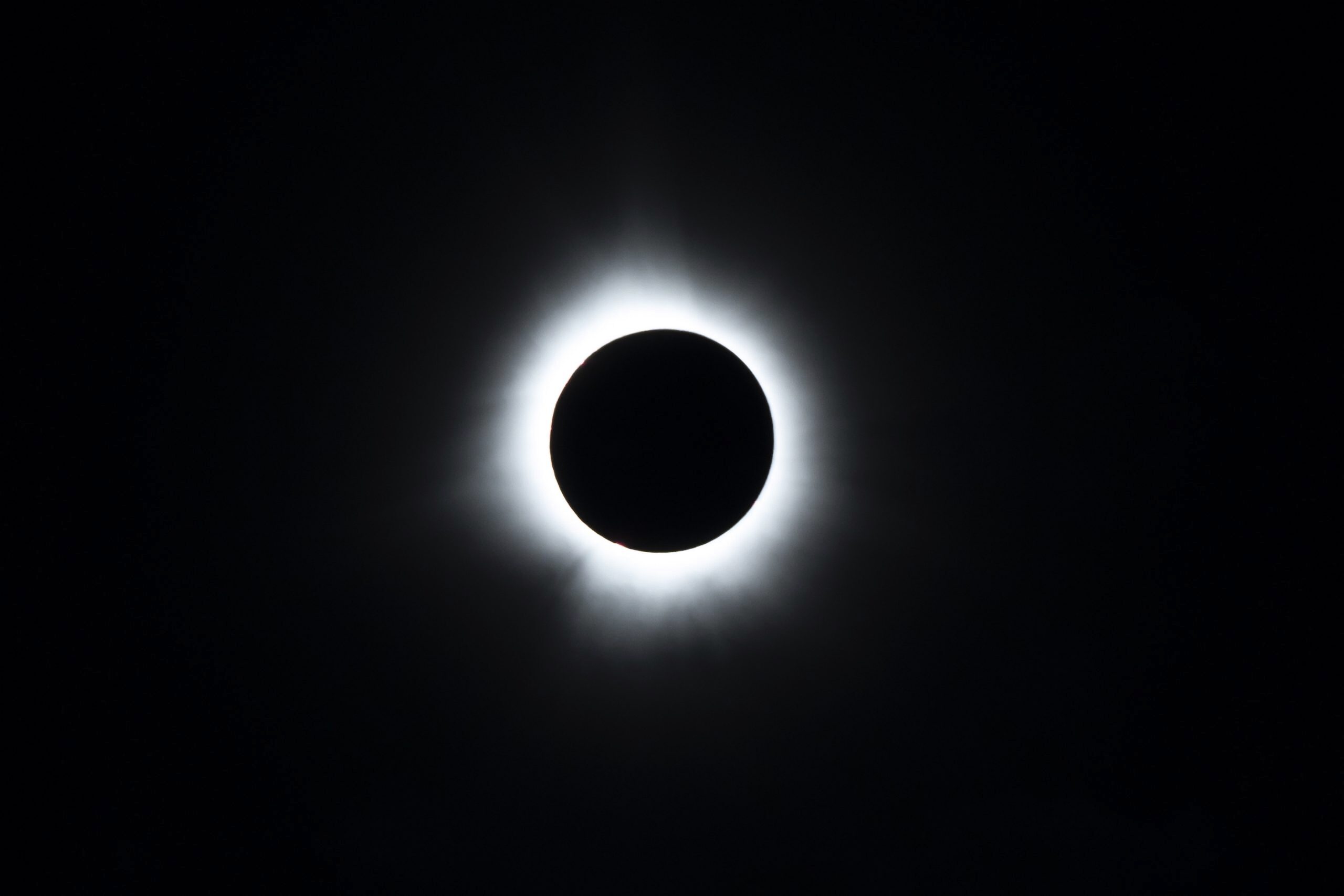
views
The April 8, 2024 Total Solar Eclipse captivated millions across North America, but a surge in Google searches for “Why do my eyes hurt?” and “Hurt Eyes’ tells a different story. “My eyes hurt” was also among the top searched on Google. The eclipse was visible from North America, specifically crossing over Mexico, the United States, and Canada. It’s often referred to as the “Great North American Eclipse” due to its path over these countries. The path was similar to the path of another solar eclipse that occurred in 2017, creating a sort of “eclipse reunion” for those who witnessed the previous event.

Unlike the awe-inspiring darkness of totality, looking directly at the sun, even partially covered, can be dangerous. Here’s why your eyes might be hurting after the Surya Grahan, and what to do about it.
The culprit is intense sunlight.
The sun emits a strong spectrum of light, including ultraviolet (UV) rays that can damage the retina, the light-sensitive layer at the back of your eye. Unlike skin, the retina lacks pain receptors, so damage can occur without immediate discomfort. This is why looking at the eclipse without proper eye protection, even during the partial phases, can be risky.
Two Types Of Eye Injuries From Eclipse Viewing
- Solar keratitisThis is essentially a sunburn of the cornea, the eye’s outermost layer. Symptoms like pain, redness, watering, and sensitivity to light typically appear within hours and usually resolve within a day or two.
- Solar retinopathyThis is damage to the retina itself. It’s more serious and can lead to permanent vision problems like blurry vision, blind spots, and distorted color perception. Unlike solar keratitis, solar retinopathy often doesn’t cause immediate pain, with symptoms arising hours or even days later.
If you looked at the eclipse without proper protection and are experiencing eye pain, it’s crucial to see a doctor or ophthalmologist (eye specialist) immediately. Early diagnosis and treatment can help minimize potential damage.
How To Avoid Eye Pain During Future Eclipses
- Use certified eclipse glassesLook for glasses with an ISO 12312-2 certification, which guarantees they block sufficient sunlight. Regular sunglasses or homemade filters are not safe.
- Never look directly at the sunEven during totality, the sun’s corona (outer atmosphere) is still bright enough to cause damage. Use eclipse glasses throughout the entire event.
- Supervise childrenChildren’s eyes are more susceptible to sun damage. Make sure they wear certified eclipse glasses and avoid looking directly at the sun.
The total solar eclipse was a magnificent spectacle, but eye safety should always be a priority. By understanding the risks and taking precautions, you can ensure your eyes can continue to witness the wonders of the universe.




















Comments
0 comment